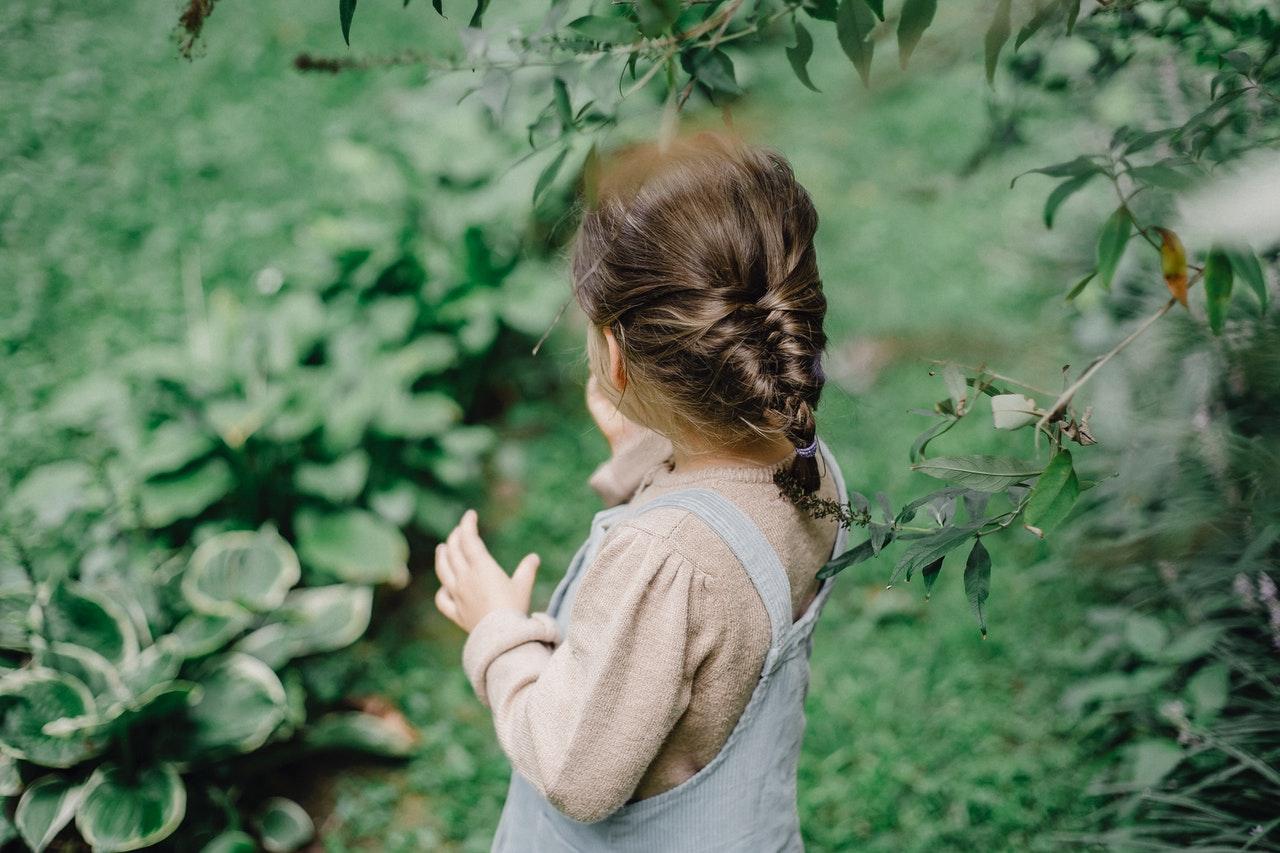Netherlands halts adoptions from abroad due to historical trafficking
‘Trafficked’ Dutch-Indonesian adoptees are still searching for their lost biological parents with little success.
Just In
The Netherlands is suspending all adoptions from abroad with immediate effect, after an official inquiry found many historical abuses including coercing or paying birth mothers to give up their children.
The investigation focused on the adoption of children from Bangladesh, Brazil, Colombia, Indonesia and Sri Lanka from 1967 to 1998.
Minister for Local Protection Sander Dekker said Dutch governments had failed by “looking away from abuses for years”.
Widya Astuti Boerma, 45, who was adopted at the age of five and has spent years seaching for her birth parents in Indonesia told the BBC, “Dutch inter-country adoption is still based on money changing hands, which leads to trafficking. It still focuses on people looking for a child, when it should actually be the other way around.”
Jerome Wirawan of the BBC Indonesian Service reports that more than 3,000 Indonesian children were adopted by Dutch nationals during the decade until 1984, when Indonesia all but banned the practice. Indonesia – formerly the Dutch East Indies – declared independence from the Netherlands in 1945.
Ana van Valen, co-founder of the Mijn Roots Foundation, which helps adopted children find their biological parents, says they have often found the same mother’s name on multiple adoption papers.
Indonesian-Dutch adoptees have welcomed the Dutch government’s apology for past failings, but say it’s just the first step.
Widya says her futile search has been a painfully difficult process, because her adoption documents turned out to be fake and two DNA tests with women she hoped were her mother came back negative.
This has also caused her adoptive parents pain. She told the BBC, “My adoptive parents feel really guilty because they might have taken a child from a mother in Indonesia, which was never their intention.”
Fellow Indonesian-Dutch adoptee Dewi Deijle, a lawyer, believes compensation should be paid, saying, “I think the Dutch government was very negligent in stopping illegal adoptions from Indonesia.”
Dewi describes the process of looking for her biological parents as like walking in circles. “It’s frustrating, because somewhere there is a woman who gave birth to me.”
Both women are holding out hope that one day they will find their parents.
“I’m hoping to spend at least the years that we have left together. That is my ultimate wish,” says Widya.
Subscribe to our newsletter
To be updated with all the latest news and analyses daily.
